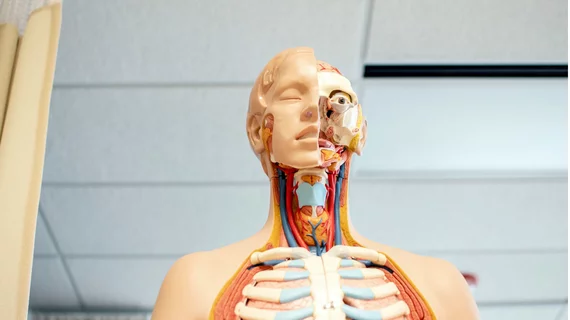Free tuition for future physicians expands southward
Ochsner Health, the 41-hospital system serving Louisiana, Mississippi and the Gulf South, is joining the ranks of academic medical institutions committed to paying the tuition of homegrown future physicians.
Ochsner has earmarked $10 million for its first crop of 30 recipients, and some of those dollars will go to current Ochsner licensed practical nurses who want to become RNs.
As reported Feb. 12 in The Advocate of Baton Rouge, the only catch for the med-school students is that they must pledge to practice medicine at Ochsner for at least five years as either primary-care providers or psychiatrists.
The initial tuition relief will go to Louisiana residents studying at Louisiana State University.
Ochsner Health CEO Warner Thomas said the decision was spurred by the pressures of a tightening labor market in Louisiana.
“It’s not that we’re blazing a trail,” he told the newspaper. “It’s that we’re trying to keep up with other industries.”
The development comes about a year and a half after New York University announced it would cover tuition for medical students regardless of need or merit.
The Kaiser Permanente School of Medicine in California introduced a similar plan in February 2019. Then followed Geisinger Commonwealth School of Medicine in Pennsylvania—which, like Ochsner, signaled its primary interest was in producing primary care providers.
PCPs are in increasingly short supply, and yet they are vital to keeping patients within health systems for as many referrals as possible.
Meanwhile Weill Cornell Medicine in New York City announced last September that it would not only pay tuition but also cover the cost of books, housing and food—as long as the medical students on the receiving end were eligible for financial aid.
Five major medical institutions offering one flavor of free tuition or another surely makes a trend. However, some data suggest the assumption could be mistaken.
In December, a survey revealed that only 4% of admissions officers at 70 medical schools said they plan to offer free tuition to everyone within the next decade.
“While pre-med students understandably want to see fundamental changes in how medical school financial aid is awarded, medical schools are telling us that the days of taking out loans and accruing debt for their medical education are unfortunately far from over,” said Jeff Koetje, director of pre-health programs at survey-taker Kaplan Test Prep.

